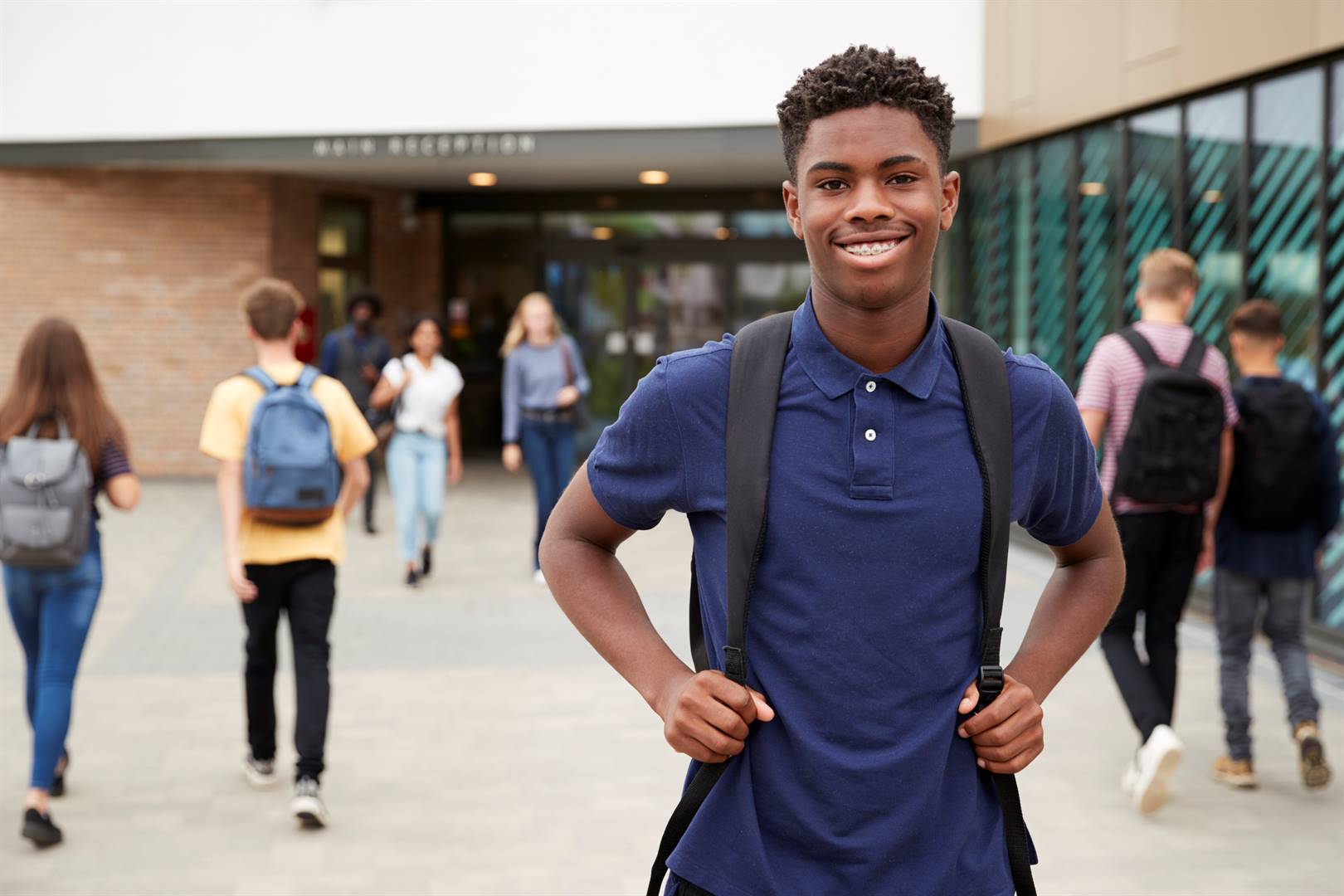Identifying Exactly How Therapeutic Institutions Function As Vital Resources for Pupils Needing Added Help to Accomplish Their Academic Objectives
Therapeutic colleges play an important function in the academic landscape by providing targeted support for students that call for extra support to meet their academic purposes. By resolving details instructional spaces, restorative colleges not only aim to enhance academic efficiency yet likewise to restore student confidence.
Recognizing Remedial Schools
Recognizing restorative schools is essential for recognizing their duty in attending to educational differences. These organizations act as vital academic resources for pupils who struggle to satisfy conventional scholastic criteria. Remedial colleges focus on giving targeted support to people who might have fallen back as a result of different variables, including learning specials needs, socioeconomic challenges, or irregular education experiences.

Additionally, remedial institutions frequently utilize specialized instructors trained to deal with varied learning needs, making sure that educational methods are tailored to every pupil's unique challenges. This focused strategy not just helps students catch up academically however additionally cultivates a feeling of belonging and motivation.
Tailored Knowing Approaches
Tailored discovering techniques are essential in therapeutic education, as they resolve the unique demands of students who need extra support. Unlike standard instructional setups that usually employ a one-size-fits-all methodology, remedial schools prioritize individualized instruction. This customization allows instructors to concentrate on details locations where pupils battle, assisting in a much more efficient knowing experience.
These methods use various techniques, consisting of set apart guideline, which adjusts content and teaching strategies to fulfill individual understanding designs and speeds. For instance, visual students may gain from visuals coordinators, while auditory learners could engage more effectively via discussions and verbal descriptions. In addition, little class dimensions in remedial setups foster a more tailored atmosphere, enabling purposeful interactions in between teachers and pupils.
Additionally, tailored discovering approaches usually integrate recurring evaluations to check trainee progression and change approaches appropriately. This adaptability guarantees that the instructional interventions stay pertinent and effective, advertising a deeper understanding of the material. By reacting and acknowledging to each pupil's special obstacles, remedial institutions develop a supportive environment that encourages learners, eventually assisting them towards achieving their academic goals.
Advantages of Specialized Guideline
Specialized instruction in remedial institutions supplies substantial advantages that enhance the academic experience for trainees encountering scholastic obstacles. One of the primary benefits is the personalized interest supplied by experienced instructors that understand the diverse learning needs of each trainee. This tailored method promotes a helpful atmosphere where trainees can advance at their own speed, enabling them to develop confidence and mastery in subjects that may have previously been obstacles.
Furthermore, specialized direction commonly integrates flexible mentor methods and resources that cater to numerous discovering styles. By utilizing interactive products and multi-sensory strategies, teachers can engage students better, advertising much deeper understanding and retention of understanding. This method not just addresses scholastic spaces but additionally boosts important thinking and problem-solving abilities.
In addition, restorative schools typically develop a risk-free space for trainees to reveal their battles without anxiety of judgment. This emotional support is critical, as it motivates resilience and a favorable mindset toward understanding. Generally, specialized instruction in therapeutic settings equips pupils with vital abilities and methods, empowering them to attain their academic objectives and fostering a long-lasting love for knowing.
Linking Educational Spaces

The emphasis on tailored discovering techniques permits teachers to identify and resolve particular weaknesses, making sure that no student drops with the cracks - remedial schools in Johannesburg. With small course sizes and customized focus, pupils take advantage of an atmosphere favorable to learning, which contrasts with the usually overwhelming setups found in typical classrooms
Furthermore, restorative colleges employ a range of training methods that suit varied understanding styles, allowing trainees to involve with the product in methods that reverberate with them. By shutting the spaces in expertise and skills, remedial schools empower students to progress toward grade-level assumptions and inevitably attain their scholastic objectives.
Success Stories and End Results
Countless success tales highlight the transformative linked here influence of remedial schools on student end results. A current instance research highlighted a trainee named Mia, who battled with analysis understanding in her traditional institution. After registering in a remedial school, she received targeted direction tailored to her understanding speed. Within a year, Mia not only improved her analysis skills but additionally restored her self-confidence, inevitably standing out in her scholastic evaluations.
One more compelling instance is that of Carlos, who faced considerable challenges in maths. The remedial program gave him with individually tutoring and joint knowing possibilities, which were critical in boosting his understanding of complicated principles. click here for more Consequently, Carlos progressed to a higher-level math program, showcasing significant enhancement in both abilities and enthusiasm for discovering.
These success stories are not separated; they reflect a wider trend of restorative colleges efficiently furnishing trainees with vital scholastic skills. The results expand past academics, fostering individual growth, strength, and a renewed sense of function. Such transformations underscore the crucial duty restorative colleges play in shaping the futures of students who call for added support in their educational journeys.
Final Thought
In final thought, remedial schools play a crucial duty in sustaining trainees who require added scholastic support. As demonstrated by her latest blog countless success tales, restorative schools not just improve students' fundamental abilities however also encourage them to accomplish their educational objectives, highlighting their importance in the instructional landscape.
Therapeutic institutions play a critical duty in the academic landscape by offering targeted assistance for students that need additional help to meet their scholastic goals. By addressing certain educational voids, remedial colleges not only purpose to enhance scholastic performance yet also to recover student self-confidence.Specialized instruction in therapeutic schools uses significant benefits that boost the academic experience for pupils facing scholastic challenges. By closing the voids in knowledge and skills, restorative schools equip pupils to progress toward grade-level assumptions and ultimately attain their academic goals.These success tales are not separated; they reflect a wider fad of remedial institutions properly gearing up trainees with crucial academic skills.